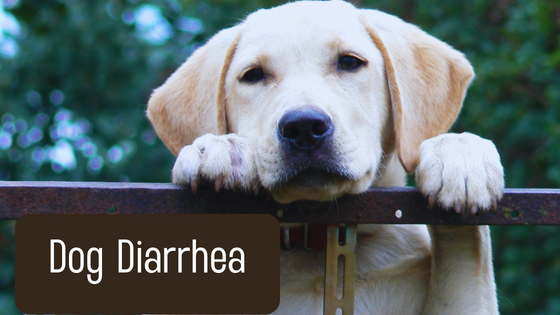Every pet owner knows that just like humans, our furry friends can have their uncomfortable moments – diarrhea being one of them. As a responsible pet owner, it’s natural to worry when your dog has diarrhea. However, it’s crucial to understand when this condition warrants worry. Here’s what you need to know.
Understanding Diarrhea in Dogs
Diarrhea in dogs is characterized by loose or watery stools and increased frequency of defecation. It can be caused by a variety of issues, like dietary indiscretion, changes in diet, parasites, underlying health issues, or stress. Occasional diarrhea could be normal but it can also be a symptom of more serious health problems. So, should I be worried about my dog having diarrhea?
When to Not Worry: Occasional or Short-Term Diarrhea
If your dog has a single episode of diarrhea, it would generally not be a cause for alarm. Dogs may occasionally consume something they shouldn’t, leading to dietary indiscretion and a temporary bout of diarrhea. A slight alteration in diet or a little stress could also lead to short-term diarrhea. Often, these instances can be managed with at-home care and dietary adjustments like bland diets and hydration.

When to Worry: Symptoms and Signs
However, there are several signs that you should take your dog’s diarrhea seriously. Subsequent episodes accompanied by other worrying symptoms are a reason for concern.
- Diarrhea for More Than a Day: If your dog’s diarrhea lasts for more than 24 hours, it’s time to call the vet. Persistent diarrhea could lead to severe dehydration, which can be life-threatening.
- Accompanies Other Symptoms: Diarrhea paired with other severe symptoms such as vomiting, severe lethargy, loss of appetite, or weight loss is cause for immediate veterinary attention.
- Presence of Blood: If you notice blood or mucus in your dog’s stool, this could be a sign of inflammation or internal bleeding, both of which require immediate veterinary care.
- Painful Defecation: If your dog seems distressed or in pain while defecating, it can indicate severe conditions such as inflammation or blockages in the digestive tract.
- Elderly or Young Dogs: Older dogs and puppies have weaker immune systems, so an instance of diarrhea could be more serious. Puppies can easily get dehydrated, and older dogs might have underlying health issues.
Preventing Diarrhea In Dogs
Preventing diarrhea in dogs involves keeping them in a clean environment, having a stable diet, maintaining regular vet checks, and ensuring they don’t eat harmful things. Frequent deworming and vaccination also help maintain your dog’s health.
Conclusion
Occasional, short-lived bouts of diarrhea are generally not worrisome. But continuous or severe diarrhea accompanied by other symptoms needs immediate veterinary attention. Familiarize yourself with these red flags to ensure your dog is healthy and happy. When in doubt, always consult with a professional vet to provide the right course of action for your pet. Our companions rely on us to keep an eye on their welfare, responsible vigilance will help secure their health longevity.